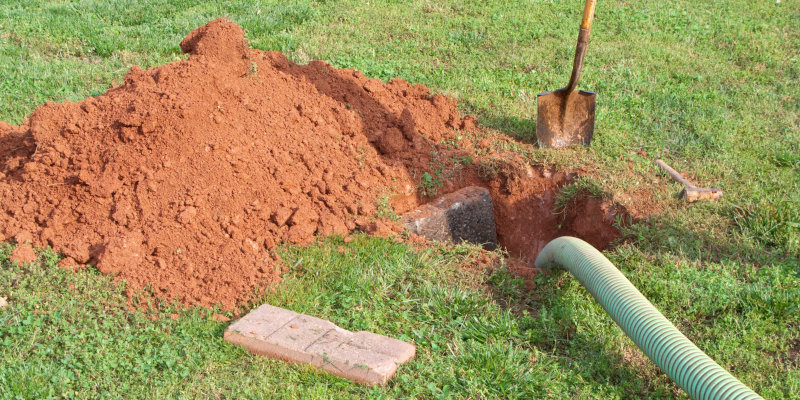To understand septic pumping, it can first be helpful to understand what your septic system is doing that might require it to be pumped at all.

Essentially, your septic system is in charge of breaking down and taking care of all of the waste that is flushed into it. Some of these things, like feces, can be broken down relatively easily by the beneficial bacteria that work within your septic system to efficiently work through all of the septic waste your property produces.
Other things, while still technically organic, may pose more trouble to this bacteria. Toilet paper is a common example — while it can still be broken down, it will take longer to do so, which can lead to an increased danger of clogging if enough of these materials that are slow to decompose are allowed to accumulate.
Still more things, such as plastic, are flat-out impossible to break down, especially by a household septic system. When these factors are present, in conjunction with the slower-decomposing substances, a septic system is more likely to fill up or clog, causing problems. When such a thing happens, you will likely need to look into septic pumping.
Septic pumping is the process by which we take out the liquid and all of the solids, no matter the type, currently in your septic tank. This allows you to have a fresh start and makes sure that your septic system continues to work without issue. Every septic system is different, so it’s important to work with a qualified professional to work out the best septic pumping schedule for your unique system.
